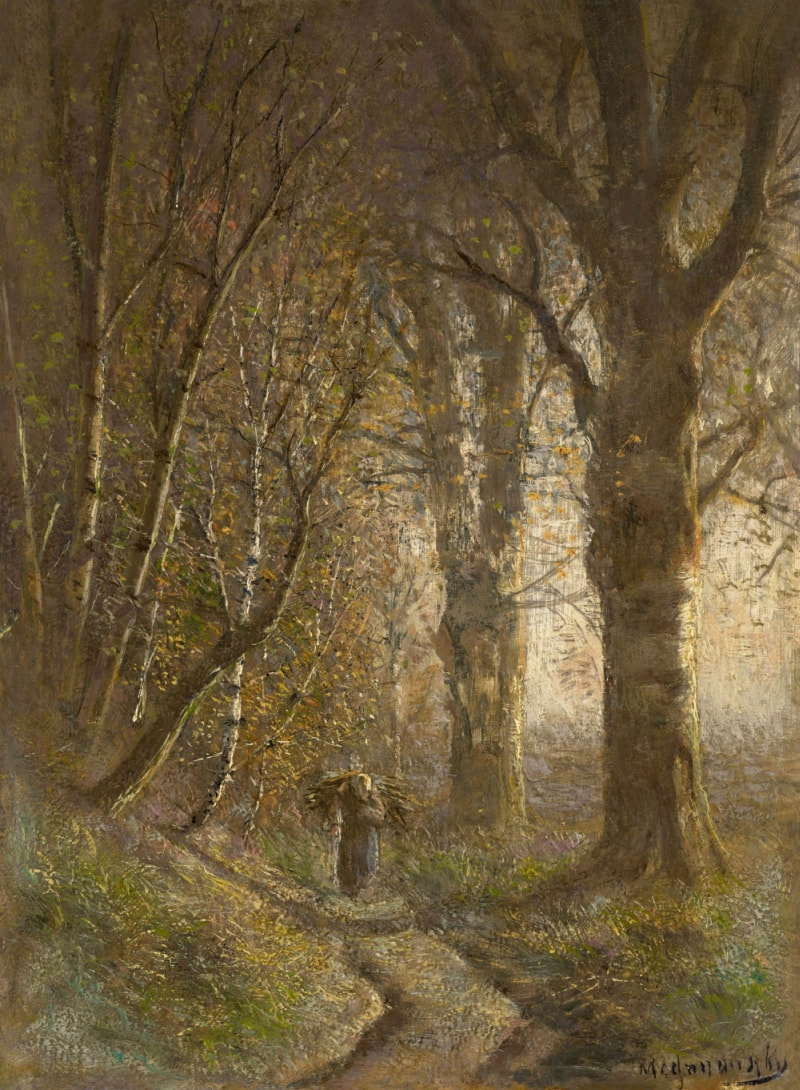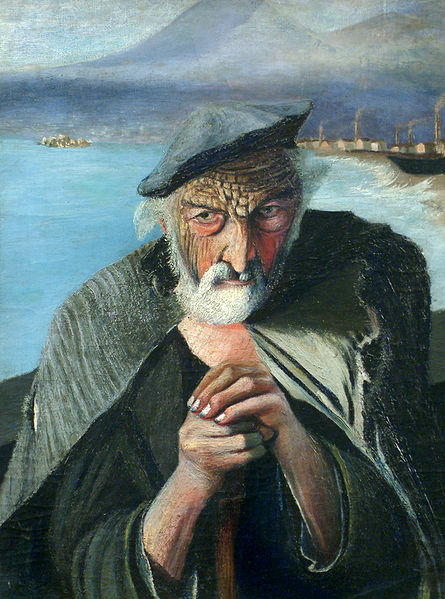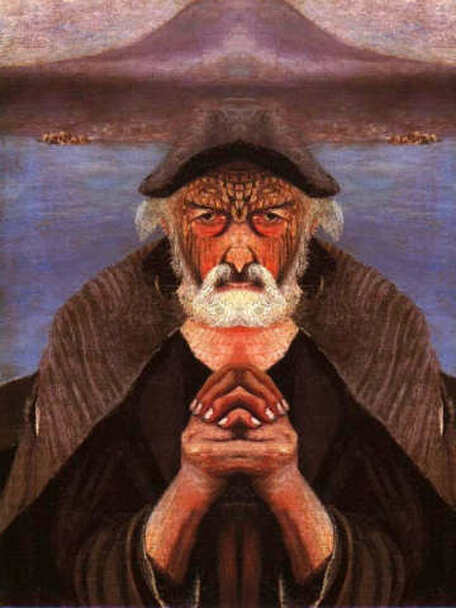I suppose I could add that it is vital to understand that the sabotage is not restricted to colossal events such as the recent one deep under the sea. It is pervasive. Systematic. Unrelenting.
Take my corner of the world, for example. Although the absence of pipeline headlines in the Hungarian media was painfully conspicuous this morning, there was this:
If the energy crisis was not enough, Hungary’s second-largest power plant halted all operations. The Mátra Power Plant stopped working on Monday afternoon and since then has not restarted. The problem is worsened because the first block of the largest Paks Power Plant is still under maintenance. The lack of sunshine decreases solar energy production too. Therefore, energy imports in Hungary had soared to around 40 percent.
Isn't funny how everything blows up, catches fire, falls apart, or stops working all at once?
I haven't thought a great deal about this latest Sorathic surge, mostly because I have been squirreling away the little free time I do have into gathering walnuts.
Yes, the end of September is walnut season in Hungary -- those few precious weeks during which the copious walnut trees dotting country's landscape drop their treasures to the ground for gathering.
Walnut trees line the farm fields surrounding my village. Luckily, none of the farmers are all that enthusiastic about collecting the nuts and have no qualms about others gathering them instead. Consequently, people carrying buckets and sacks pop up like solitary mushrooms in the fields and forests all around my village at the end of September. One or two good trees are all you need to haul in twenty or thirty kilograms of shelled walnuts.
My previous walnut foraging forays around the village had produced meager results. I either hit the fields too early, when the walnuts were still in the trees encased in green husks, or too late, when other gatherers had already reaped the bulk of the crop for themselves.
This year I managed to time it rather well. Two hours and three trees were all it took to gather a good thirty kilos of walnuts. If the weather holds, I plan to gather another thirty or so this Friday or Saturday.
After a little drying, the walnuts can be eaten raw, or toasted, or ground and used in a variety of delicious cakes and desserts, including one of my favorites, the Gerbeaud slice, which my wife makes every Christmas and Easter.
With the way things are going, I'm not sure we'll have the electricity needed to make the Gerbeaud slices come Christmas, but it's good to know that we'll at least have some walnuts to munch on.






 RSS Feed
RSS Feed

